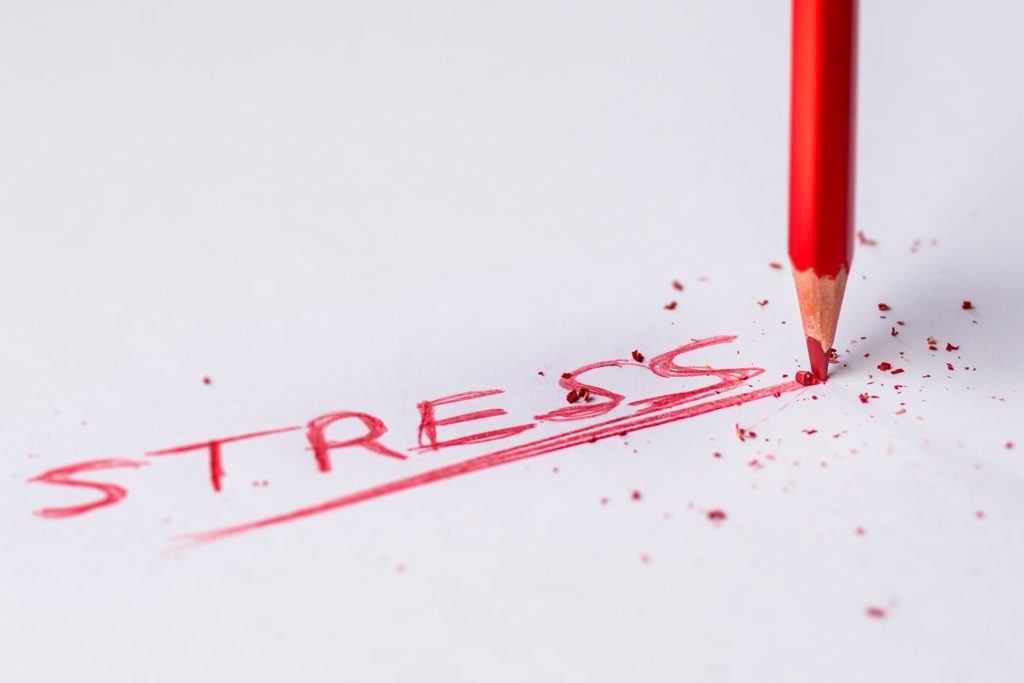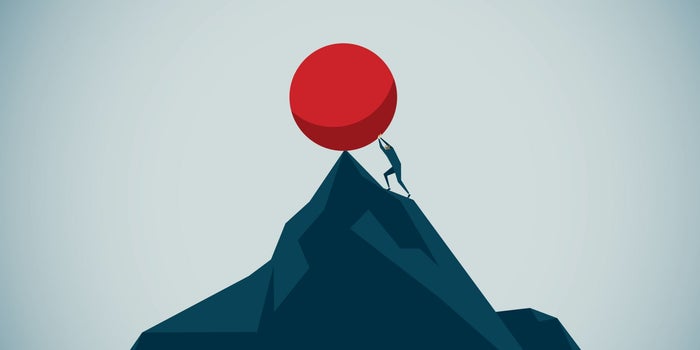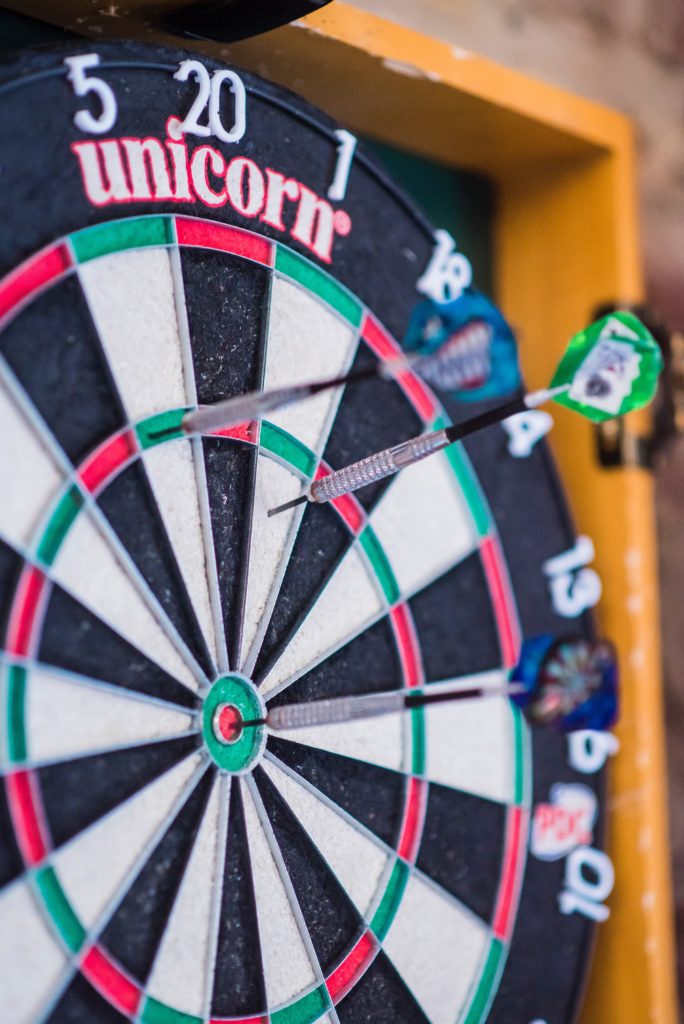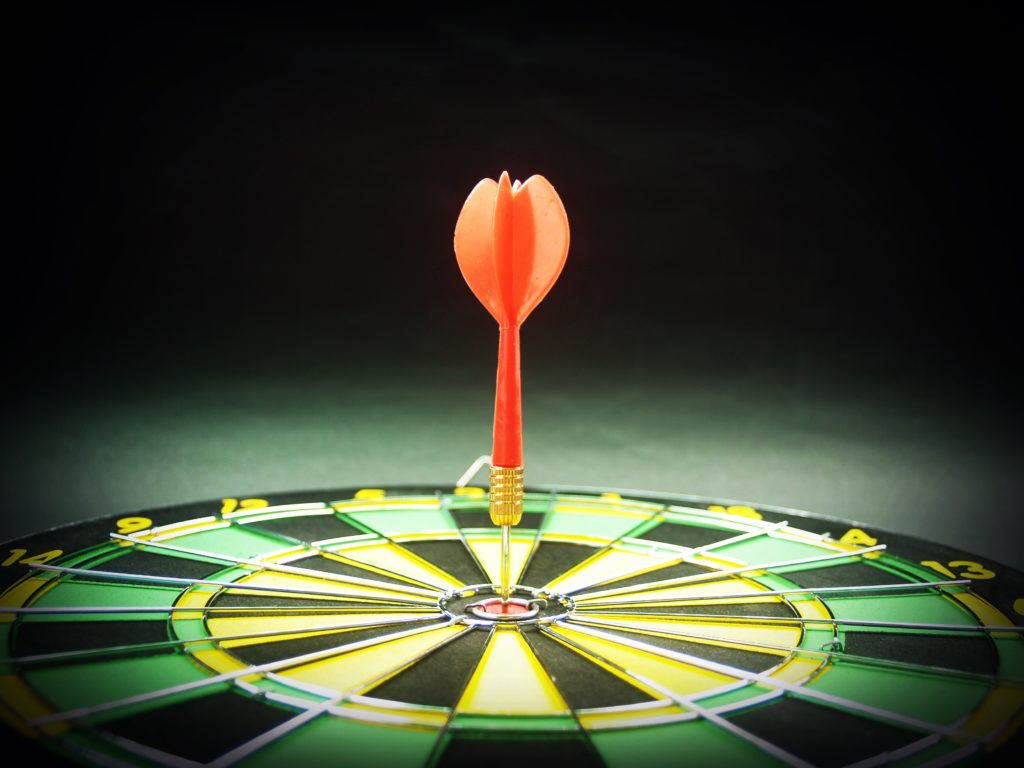
Last weekend I finished up a wonderful performance experience with the Reno Modern Brass. There were many enjoyable moments, but there were also moments when I felt anxiousness and even trepidation at the upcoming concert. Generally I was very excited to share the new music we had prepared with our growing audience. There are things that can inspire us to perform: opportunities for professional growth, money, or an unexpected day off. While these are all rational reasons to share one’s music, a recent book I’ve been reading has me thinking about how our inspirations might influence the quality of our eventual performance.
Mihaly Csikszentmihalyi’s book, Flow explores his extensive research into high levels of performance in everything from housekeeping to olympic swimming. Flow can be described as the perfect balance between challenge and capability that encourages intense, sustained engagement in an activity, usually resulting in a heightened sense of enjoyment and satisfaction. One of the key elements of establishing flow (or being in “the zone” as many call it) is having a strong sense of intrinsic motivation.
Csikszentmihalyi argues that what drives us to keep growing as musicians and our reasons for performing cannot be based on external factors, if our goal is to achieve flow on a regular basis. Simply put, if you are pushing yourself to get better solely to earn accolades from your listeners or strictly for professional gain, you will rarely achieve a flow state.
It is a valuable exercise to think about what truly motivates you as a musician. Find a few minutes each day for the next week to write down your thoughts on this subject. Often the best times for journalling and reflection are first thing in the morning, or before going to bed at night. Another good option is to take some time before your practice session to get some thoughts down. This can help start your practicing off on a positive trend, and remind you why you are spending your time studying and practice music.
I will be diligently recording my ideas this week about my inspirations for practice, and will share some more thoughts on this subject next week. I wish you an inspirational week of music making!
Works cited
Csikszentmihalyi, Mihaly. Flow. New York: Harper & Row, 1990.





